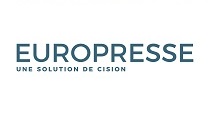How do I... - Wednesday 03 April 2019
7 go-to resources for quality video content

Need to find a video to illustrate a concept? Want to use a news broadcast as an example? Can’t find that conference everybody’s talking about?
You may find what you are looking for among the K-lab resources, and in particular the Médiathèque Numérique and the Coursera MOOCs.
In addition to the resources offered by the K-lab, we have selected 7 resources for you to browse when looking for videos: covering a wide range of topics or ultra specialized, these resources focus on quality of form and substance.
1. Xerfi Canal
You know Xerfi for its studies and market reports… discover its video channel! Xerfi Canal interviews experts, CEOs, and politicians on all aspects of economics, as well as strategy and management.
2. Citéco
La Cité de l'Économie produces educational videos on different concepts of economics.
3. INA
The archives of French public television are available on the website of the Institut national de l'audiovisuel. In the "INA sheds light on the news" section, the editorial staff selects videos related to current events.
4. BigThink
BigThink aims at delivering today’s top thinkers and doers’ knowledge. A great variety of experts are invited to share their ideas on a wide range of topics such as “21st Century Living”, “New World Order”, “Power and Influence”, and “Inventing the Future”.
5. Inc.com
These how-to videos by entrepreneurs and experts describe and/or illustrate business tips and techniques.
6. TED
The place to go for short and powerful talks on everything from science, business, innovation, to global issues.
7. HBR Video
Short videos to illustrate management theories, interviews and tips.
Finally, a bonus resource that you may already know: Google has a search engine dedicated to videos. Just type in a few keywords to get videos from news sites, social networks, institutional sites, etc. But remember, it's up to you to check the credibility of these sources!
One last tip: don't forget to cite your sources when using these videos to avoid plagiarism. The K-lab has also produced a legal FAQ for professors who wish to use this type of material in their courses or research.
Rate this content
How do I... - Monday 14 January 2019
3 tips for better Google searches

Google is pretty straighforward to use but also brings up many, many results, sometimes making it hard to find relevant information. However a few little tricks can help you make better and quicker searches.
1. Use quotation marks to search for an exact phrase, like “sustainable development” or “IT costs”. They force Google to search for the whole word chain and not each word separately. See the difference when searching for google in libraries and “google in libraries”: the first brings up results on computer science, the second on the use of Google in libraries: not the same, huh?
Quotation marks are also useful when searching for a book or article title, or any document for that matter. And of course it also works in Google Scholar.
2. When looking for information for a course assignment or a dissertation, the source of the info is strategic and can either validate or invalidate your discourse. With the operator site:, followed by your keywords you can limit your search to a website or a range of websites where you know you will find trustworthy data. For example, use site:gov to limit your search to government websites or site:edu for education institutions. Or boldly search just one site, like site:insee.fr because you know that’s where the official French stats are - no need to sift through pages and pages of doubtful results!
3. Stats are a good example for our third tip: did you know you could look for a specific type of file? Use operator filetype: followed by the format you’re looking for: filetype:xls will retrieve Excel files matching your keywords. See how fast you can find ready-to-use stats! And of course this trick works for many types of files.
These three techniques can also be combined for ultra precise searches. Try playing A Google A Day to practise your newly-acquired skills. And if you ever need any help you know where to find us!
Rate this content
How do I... - Tuesday 12 June 2018
Create and film your videos with K-lab tools
Want to produce a short video? The K-lab provides you with multimedia tools to record and edit your film. According to your needs, you will be able to use the Self service recording studio, the audiovisual kit or the multimedia softwares.
Using the Studio

Based on a videobooth principle, the Studio allows you to shoot professional-quality video. All settings are made through the main console, no technical adjustment has to be done.
To get more details about the Studio and its functioning, you can participate in the next workshop on how to use the Self service recording studio.
The Studio is now equipped with a live chroma keying function. You have access to a lesson about the Studio Self on Moodle platform.
You can book the Studio online with Affluences.
Audiovisual kits

Users can come and borrow audiovisual kits at the Learning Center welcome desk. The kits are composed of a lapel microphone (transmitter, receiver, gain) and a tripod designed to fix a smartphone.
It is strongly recommended to attend the K-lab workshop “filming with your smartphone” prior to using the kit as the microphone functioning is explained during the workshop. You have also access to a tutorial video about Audiovisual kits on the Moodle Platform.
You can contact us at to reserve a kit.
Multimedia softwares

The Design lab in the K-lab is equipped with Mac computers on which multimedia softwares are installed such as: Premiere Pro, iMovie, Adobe Suite, etc. Users can use them to edit their video.
Editing workshops are regularly organised, register in them and learn how to use these tools!
Rate this content
Give us your feedback about ebooks!

The K-lab/Learning Center has been developing its online resource service offer and among these resources, the ebook offer.
In order to allow us to better adapt our offer and cater to you needs regarding ebooks, could you please take a few minutes to fill this anonymous survey?

Update: The survey is over, thank you for your participation!
How do I... - Wednesday 29 November 2017
Legal information
You can easily access legal information on the Learning Center website. This information will be helpful to you for writing a thesis.

Books
- Books from Dalloz and Lexis Nexis publishers (in french)
- A few books in english about international law
Ressources
- French, European and international law
- Codes
- Encyclopedias
- Journals
- Bibliographical database
- Case law
Electronics journals
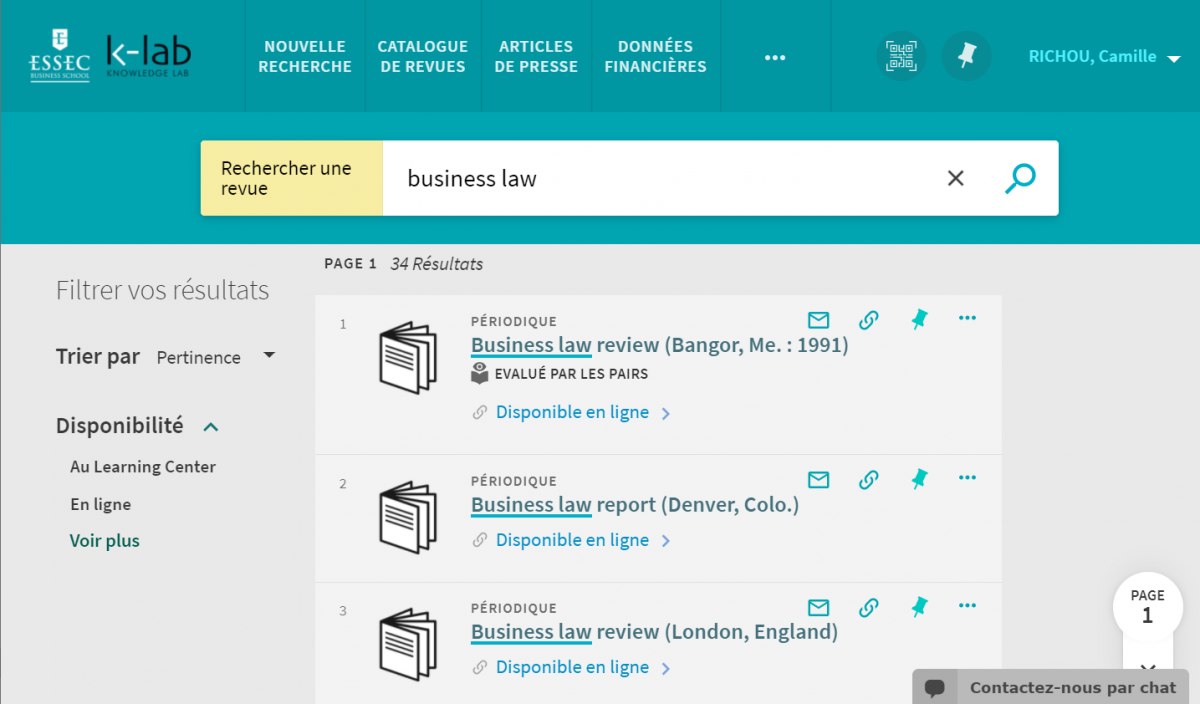
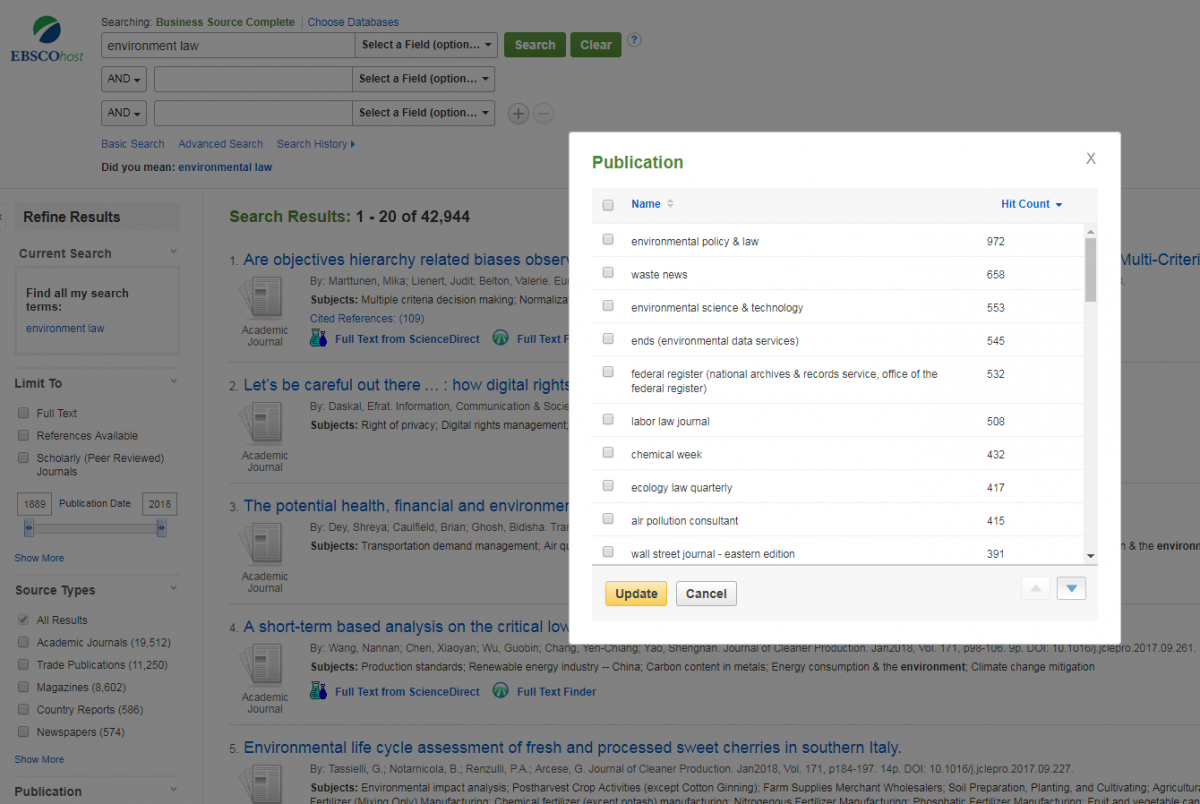
Free resources on the web
Legifrance is the French government entity responsible for publishing legal texts online. It provides access, in French, to laws and decrees published in the Journal officiel, important court rulings, collective labour agreements, standards issued by European institutions, and international treaties and agreements.
EUR-Lex provides free access, in the 24 official EU languages, to:
- the authentic Official Journal of the European Union
- EU law
- preparatory acts
- EU case-law (judgments, orders, etc.)
- international agreements...
Rate this content
How do I... - Thursday 02 November 2017
Finding market and brand shares with MarketLine
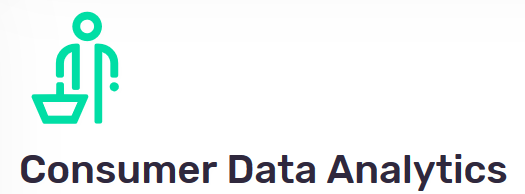
Finding market and brand shares in a given country or region is essential when you're working on a sector.
Marketline Advantage provides a quick and easy access to that kind of data in its Consumer Data Analytics database.
Here's how you can find shares:
- On MarketLine's homepage, click on "Databases" then "Industry", and "Consumer Data Analytics":
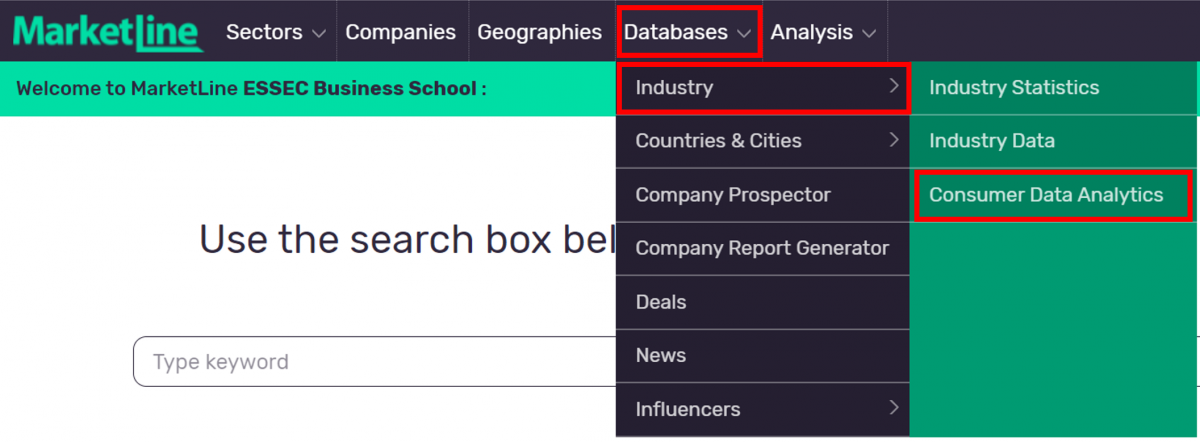
- Both vertical and horizontal menus list the same informations where you can find volume and value data by country or category. CDA estimates value and volume growth data for the next few years.
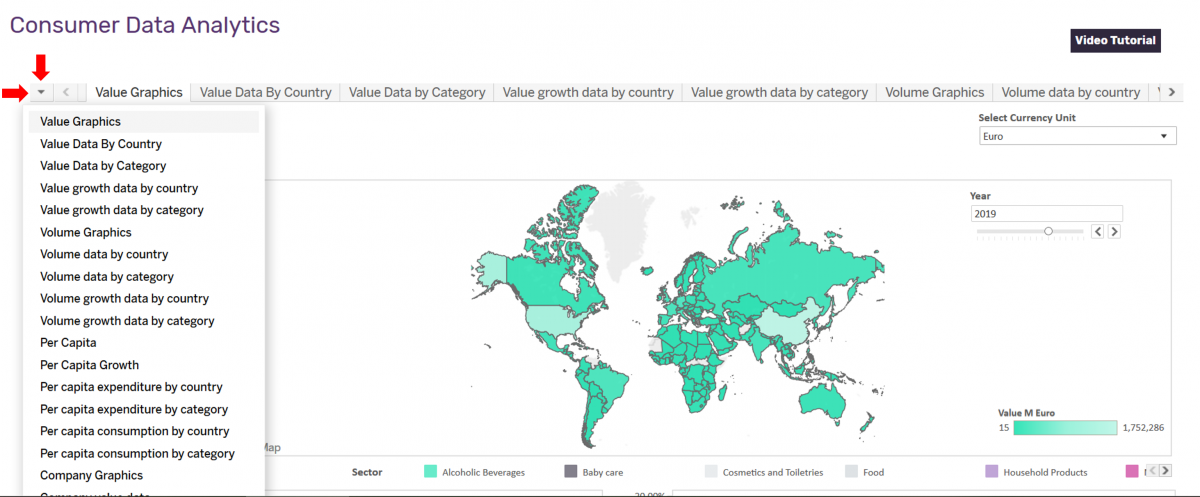
Let see a concrete example with prepared meals market in France.
- Click on Value Data by Category
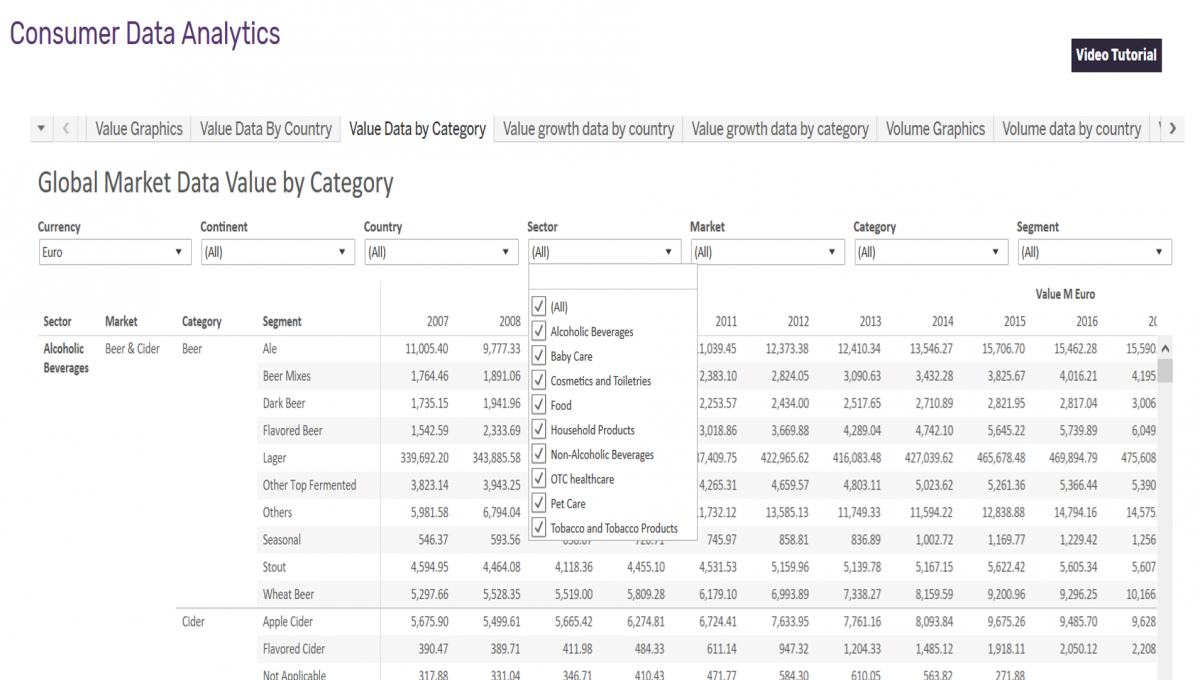
- Your results are displayed in a spreadsheet, showing market value for the chosen location with a history of several years. You can precise your research by segment and category
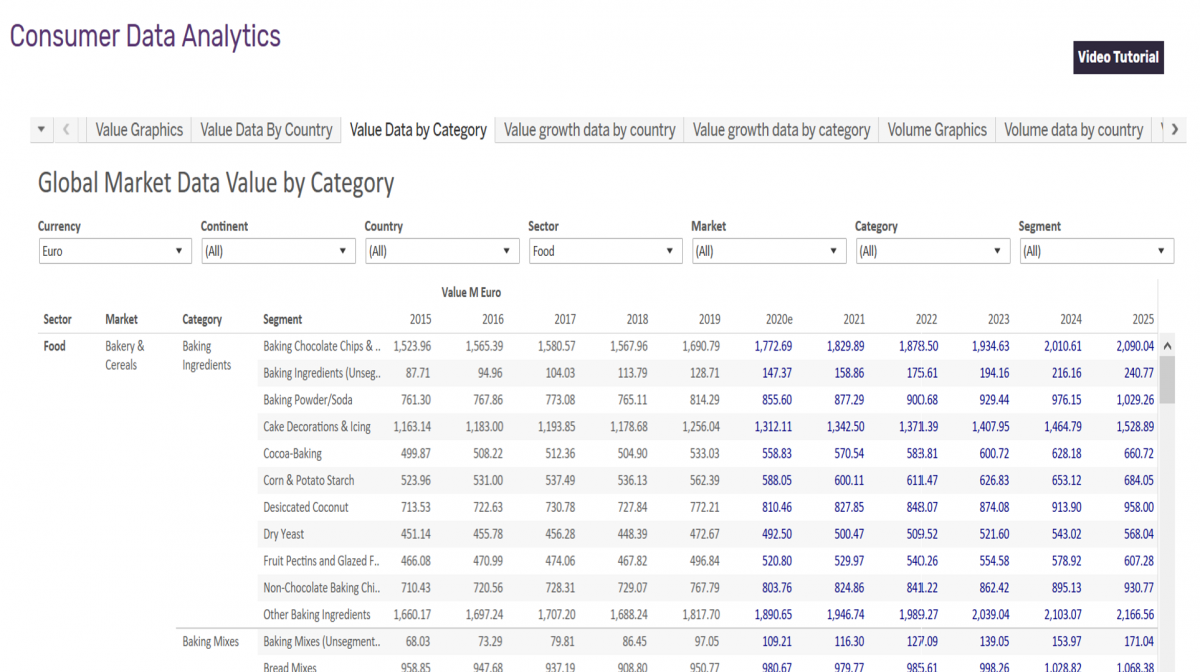
- All data can be downloaded to Excel and pdf
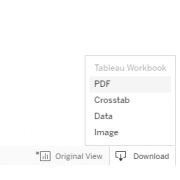
Rate this content
How do I... - Monday 09 October 2017
An information research
During you studying years you can be brought to write various types of work: syntheses, case studies and later professional theses or dissertations. It requires documents researches and proper studies according to the work to be done.

To help you, we propose a practical case of document research with a concrete subject : Corporate social responsibility in India.
Type of information to find
From your subject, you have to define specifically the type of information you are searching. For this, ask yourself the good questions: What are we talking about? Who is involved? Where? When?
For the following practical case, you need informations about:
- Global corporate social responsibility informations
- Datas about India
- Both subjects informations
If you have to write dissertations or theses, answering those few questions: What? Who? Where? When? How? Why? will help you consider all the dimensions of your topic.
From here you have to make a right assessment of the time and volume of work needed. For example, if you have to write a few pages synthesis work, don’t spend too much time reading academics articles. Priority must be given to professional press articles.
Key-words
For your work you have to define appropriate key words thinking of the different terms that you can use to consult the different resources.
Don’t stop to the first term that arises, but try to think about synonyms, close terms, so that you can keep moving on if your first results are not satisfying.
For example for a research about Social responsibility in India:
- Corporate Social Responsibility
- Social responsibility of Business
- Corporate Social Responsibility India
…
Your different readings will help you to find new terms.
Consult the right sources
At the Learning Center you have access to more than 50 resources in which you can find serious and updated informations for free.
Books
Discovery is the first entrance to your research for finding books about your subject. Give priority to recent books, meaning less than 2 years.
Academics articles
Very useful if you write a thesis or dissertation because they were written by experts and reviewed by other experts before being published.
They also update and complete the information found in books.
Business Source Complete offers full text articles from academic journals, magazines, and trade publications in all fields of economics and business.
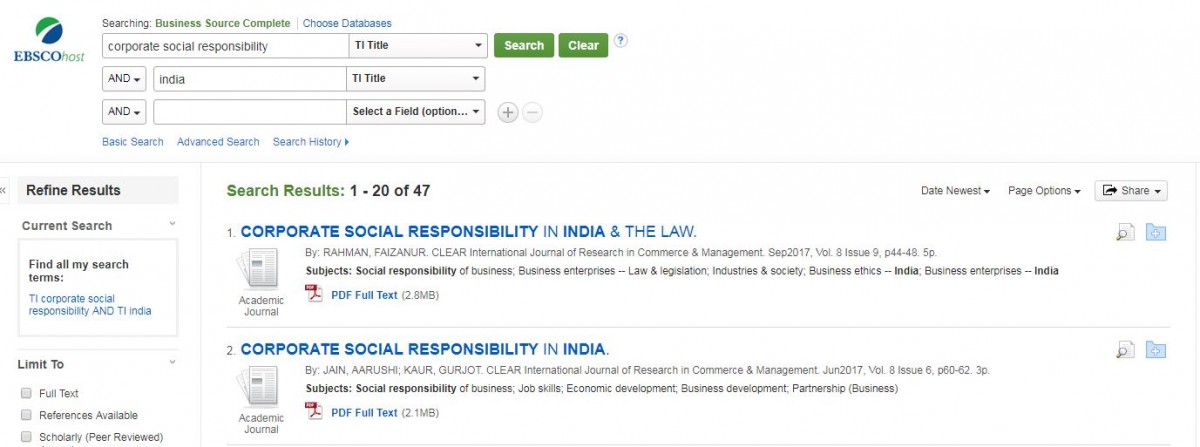
About Social Responsibility in India, you can find:
RAHMAN, F. CORPORATE SOCIAL RESPONSIBILITY IN INDIA & THE LAW. International Journal of Research in Commerce & Management. 8, 9, 44-48, Sept. 2017
AMALKUMAR, P. CORPORATE SOCIAL RESPONSIBILITIES OF COMMERCIAL BANKS IN INDIA WITH SPECIAL EMPHASIS TO SBI. International Journal of Research in Commerce & Management. 7, 11, 79-81, Nov. 2016
Search from a single interface many research works from academic publishers, professional societies, online repositories, universities and other web sites. An interesting following to Business Source Complete.
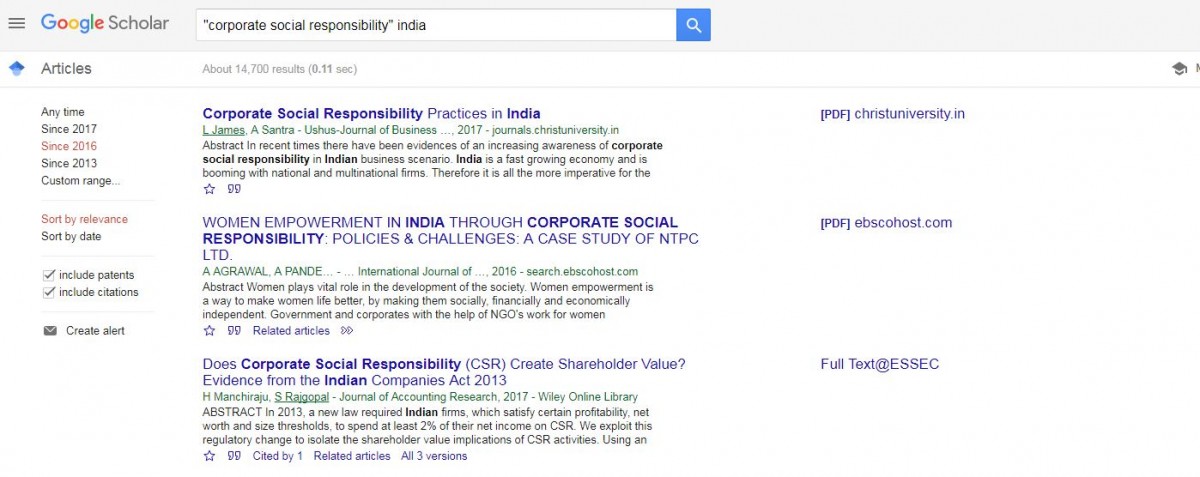
KUMAR, S. The Post-Economic Reforms Possibility of Corporate Social Responsibility in India. Journal of Institute of Public Enterprise. 39, 3/4, 155-172, July 2016
MANCHIRAJU, Hariom et RAJGOPAL, Shivaram. Does corporate social responsibility (CSR) create shareholder value? Exogenous shock-based evidence from the Indian Companies Act 2013. 2015.
Tip: read through bibliographies at the end of articles to find new titles.
If you search a journal or a magazine title consult Discovery.
Articles from professional periodicals
You can find information with a professional and practical point of view in articles from professional periodicals. There is a great number of journals and magazines providing access to this type of articles.
With Factiva and Europresse try to find articles about your question. Maybe you will not find the exact information you are searching but try to accumulate general informations on Social Responsibility and companies cases.
Country Profiles
With GlobalData Explorer, you can find Country profiles, including PEST and PESTLE analyses, which provide you information on all aspects of a given country.
Web
You must pay critical attention to results found on the internet. Give priority to official organisms websites and try to identify the author of the site or the blog.
Tip: Don’t collect more documents than you can deal with! You have to make right evaluation of your work.
Evaluate the results
You must systematically ask yourself if the documents you collected are valuable.
Information you collect in the Learning Center databases are reliable as they are professional tools.
Moreover a document can be reliable, but not relevant to your needs, and what you want to demonstrate.
Restitution
- You may use quote marks and mention the source in the footer. Footnotes are superscript numbers located at the end of the quotation.
- If you want to use an illustration (picture, graph, chart…) you must mention the source right below the illustration it-self or in a footnote as you would do for a text quotation.
- If you rewrite with your own words someone else’s lines, you must quote the source with a footnote.
When you finish your work, you must write the bibliography in which you list all the documents you used. Choose and keep one way to present each sort of document (book, article, website…). Click here to access a guide.
And don't forget: We are here to help you!
Rate this content
How do I... - Wednesday 19 April 2017
The bibliographic search for professional thesis or dissertation
To be efficient, bibliographic search for the professional thesis or dissertation must be undertaken in a methodical way. A good knowledge of the Learning Center resources is also necessary.

Indeed you have to realize a “review of literature”, that is a state-of-the-art on what has been written on a given subject. To do so, knowing key resources which give access to academic or professional articles will be very helpful!
But one thing at a time. You begin your search: what are the key steps to follow without getting lost in the process?
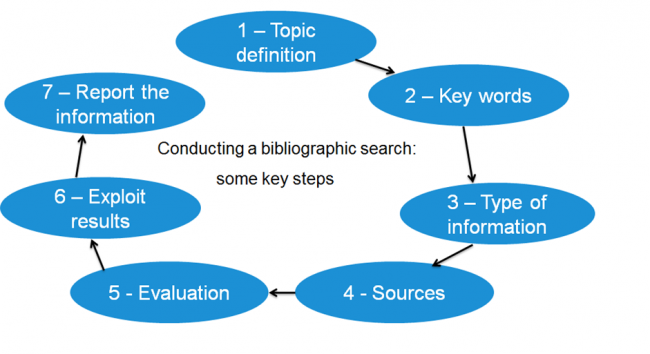
1. Limit the subject of your dissertation
From your beginning topic, you have to define a research problem. Answering those few questions: What? Who? Where? When? How? Why? will help you consider all the dimensions of your topic. Based on your starting theme, you'll need to define your exact problem, in conjunction with your thesis/dissertation supervisor.
2. Define appropriate keywords
Think of the different terms that you can use to consult the different resources relying on the concepts you have identified.
Don’t stop to the first term that arises, but try to think about synonyms, close terms, more generic or more specific terms, so that you can keep moving on if your first results are not satisfying.
3. Define the type of information to find
As part of the review of literature, you might have to find theoretical analysis, or practical applications in companies, on a management subject for example. But you could also need market data, statistics, legal information or financial data...
4. Consult the right resources
The previous step determines the sources or resources you will use. For the review of literature you are going to focus on books of course, but also on “academic” (research) and professional articles.
5. Evaluate the results
You must systematically ask yourself if the documents you got are valuable, in a double dimension:
- Reliability: are facts or data advanced in the documents true? Is the author known and recognized? What’s his goal: a theoretical analysis or rather the expression of an opinion)? Is there a date?
- Relevance: a given document can be reliable, but not relevant in respect of your needs, and what you want to demonstrate
In other words be critical with what you find.
You must pay critical attention to results found on internet. Always try to identify the organism or author of the site.
Besides, don’t collect more documents than you can deal with, for example if your topic is widely covered by literature. Be realistic with your work load evaluation!
6. Organizing the results
You may collect a huge number of documents throughout your search.
Capitalize those results as you go further in your search to make sure that you do not get weighed down under a great amount of information that you will not be able to deal with!
Give clear titles to your documents, articles or else, that you download and file them into folders, by subject for instance, on your PC.
List the results you found in an (using Zotero, or Excel for instance) file in which you write the document references (title, source, date, name of the file, findings…).
Following this process will help you save time when using your sources but also when writing your bibliography!
7. Using the information in your thesis
It is the thesis/dissertation writing part. Your thesis has to be organized according to a consistent outline.
Throughout your demonstration, you will use the bibliographic references that you will have selected and that you will imperatively quote. This is also when you will start to build the bibliography that you will be presented at the end of your work (we will get back to these two crucial elements).
Of course, this way of putting the process is schematic: you will probably go back and forth between the steps. For example, it often happens that according to the documents you find, you widen the key word list, you might even adapt your thesis or dissertation topic.
After seeing the general process, let’s have a look at step n°4.
Which resources should you favour for your literature review?
First of all, look for books that deal with your topic or part of your topic on Discovery.
If your are doing an internship and therefore not present on the campus, you may check ebooks which are listed in the catalogue too.
Academic articles are scientific, thorough articles that build, with books, a solid base to your work.
The “Journal of Finance” or the “Journal of Marketing” are two examples for academic review, but many others exist in all possible fields of research including Management.
You can find information with a professional and practical point of view in articles from professional periodicals. There is a great number of journals and magazines providing access to this type of articles. For instance, in the marketing field you may look over “Advertising Age”, Marketing Week” or “New Media age” for example.
The table below shows the main resources giving access to all those articles. Do not forget to read the description for each resource you visit before accessing it, so that you have a more detailed idea of their content and specificities (language, technical features, etc).
Resource |
Type |
Notes |
Business Source Complete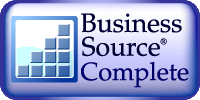 |
Academic articles Professional articles |
An essential resource for all management themes as well as for sector-specific research |
Google Scholar Inside |
Academic articles Conference proceedings Book summaries |
An interesting following to Business Source COmplete. Note that full text might not always be available |
Cairn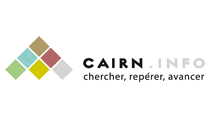 |
Academic articles | French review portal (management, humanities) |
Science Direct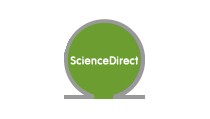 |
Academic articles | Scientific reviews (useful for those researching an engineering-related topic) |
Factiva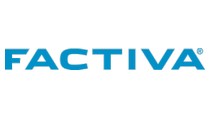 |
Professional articles | Multilingual, Factiva also contains news articles. |
|
|
Professional articles | Multilingual, Europresse also contains news articles. |
You are going to use part of the documents found during your research. To avoid plagiarism, it is important to cite the sources you draw inspiration from, whether you are citing them directly by using quote marks or rephrasing them.
For more information on this topic, you will find details about the two different ways to cite a source (footnotes or directly in the text) in the downloadable presentation below.
Here is a complete post about plagiarism, including a downloadable guide to learn how to avoid it! Remember ESSEC professors are using an anti-plagiarism software to analyze theses and dissertations.
Lastly, all the references you have used will have to be included in the bibliography at the end of your document. There are different ways to organize and format it, but what matters most is to pick one and stick to it, so that your bibliography is homogeneous.
Here is a guide to put together your bibliography.
Feel free to download this presentation:
It covers all the information given on this post, as well as details on the different resources.
Now is your turn! And don’t forget that we are here to help!
Rate this content
Summer is coming

Starting June 6, you can borrow documents till October!
Remember to stock up on beach reading!
The second ESSEC PedagoDay is taking place on April, 12th!

The second Pedagoday of ESSEC will take place on April 12th.
The topic of this year is Case Factory.
4 different workshops will be animated all the afternoon by the K-Center team and Emmanuelle Le Nagard, Associate Dean for Pedagogy to accompany Professors, from the idea of a business case study to its distribution and promotion.
Professors can choose to attend one or several of the 4 workshops provided. The workshops will be given in English and French.
Feel free to invite lecturers interested by Case writing. They have the possibility to publish a Case in the ESSEC Collection, in collaboration with a Faculty member, or under his/her academic direction.
Registration (ESSEC Faculty and lecturers only): https://essec.qualtrics.com/SE/?SID=SV_2fAnLIItdJbyvlj
Pages
- ‹ previous
- 1
- 2
- 3
- 4


